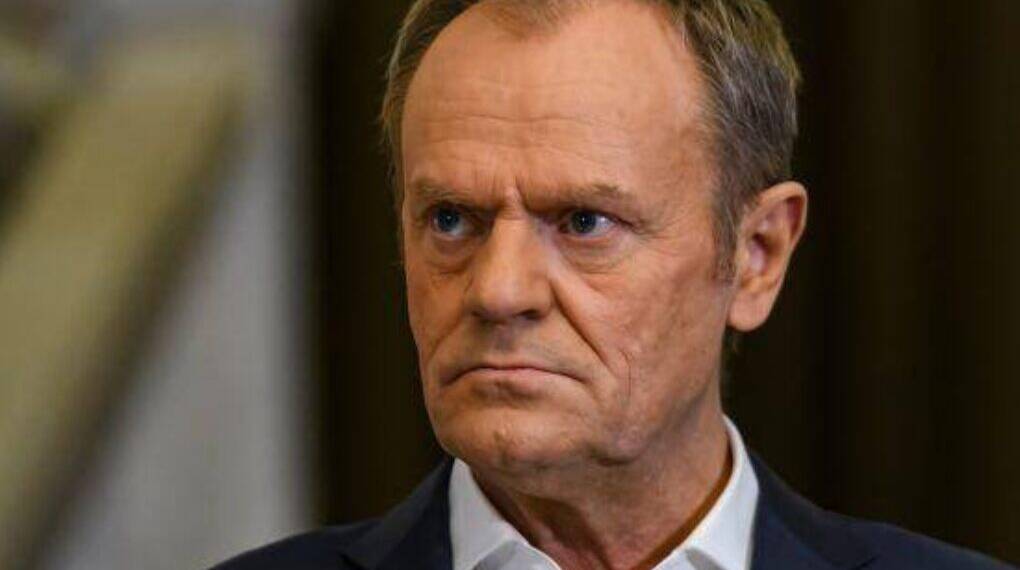In a stark and sobering statement, Polish Prime Minister Donald Tusk has issued a clarion call to Europe and the broader Western world: “Europe must realize that it is already at war.” His words, delivered with urgency, underscore a growing concern among leaders that the continent is grappling with a conflict that is both unconventional and undeniable.
Tusk’s remarks, emphasizing the need to awaken the transatlantic community to this reality, highlight the challenges of confronting a “new type of war” that defies traditional definitions yet demands a unified response.
A New Kind of War
Tusk’s assertion that “this is a war” comes at a time when Europe faces multifaceted threats that blur the lines between peace and conflict. Unlike the conventional wars of the past, characterized by clear battlelines and state actors, this new type of war encompasses hybrid tactics—cyberattacks, disinformation campaigns, economic coercion, and proxy conflicts.
These methods, often employed by adversarial powers, aim to destabilize societies without triggering open military confrontation. Tusk’s reference to a war “we did not want” reflects the insidious nature of these threats, which exploit vulnerabilities in democratic systems and globalized economies.
The Polish leader’s warning points to specific geopolitical tensions, notably the ongoing conflict involving Russia and Ukraine, which has reverberated across Europe. Russia’s annexation of Crimea in 2014, its continued aggression in eastern Ukraine, and its broader efforts to undermine Western unity have created a volatile environment.
Beyond military actions, cyberattacks targeting European infrastructure, energy supply disruptions, and disinformation campaigns have amplified the sense of a continent under siege. Tusk’s statement suggests that these actions, while not always involving tanks or troops, constitute a state of war that demands recognition and resolution.
The Challenge of Awareness
Tusk’s “biggest and most important task” is to make the Western transatlantic community acknowledge this reality. This is no small feat. Public opinion in many European nations and their allies remains divided, with some hesitant to view these challenges as a cohesive war.
The term “war” evokes images of destruction and sacrifice, and for populations accustomed to decades of relative peace, accepting this framing requires a significant shift in mindset. Leaders face the dual challenge of communicating the severity of the threat without inciting panic or alienating citizens who may feel disconnected from distant conflicts.
Moreover, the transatlantic alliance, encompassing NATO and the European Union, must contend with internal divisions. Political polarization, economic pressures, and differing national priorities have at times weakened collective resolve.
Tusk’s call to action implies a need for unity, urging leaders to bridge these gaps and present a coordinated front. His emphasis on the “entire Western, transatlantic community” underscores the global stakes: a fragmented response risks emboldening adversaries who thrive on division.
A Call to Action
Tusk’s remarks are not merely a diagnosis but a rallying cry. Recognizing that Europe is at war—albeit a new kind of war—requires proactive measures. First, leaders must invest in strengthening resilience against hybrid threats. This includes bolstering cybersecurity, countering disinformation, and securing critical infrastructure like energy networks and supply chains.
Second, NATO and the EU must deepen their cooperation, ensuring that military and economic strategies align to address both immediate and long-term challenges. Finally, public engagement is crucial. Transparent communication about the nature of these threats can foster societal unity and support for necessary policies, from defense spending to sanctions.
The Polish Prime Minister’s statement also serves as a reminder of Europe’s historical role as a battleground for competing ideologies and powers. The lessons of the 20th century—where delayed responses to aggression led to catastrophic consequences—loom large. By framing the current situation as a war, Tusk invokes a sense of urgency that compels action, not complacency.
Donald Tusk’s declaration that “Europe must realize that it is already at war” is a wake-up call for a continent and its allies. The war he describes may lack the clear contours of traditional conflict, but its impact is no less profound.
As hybrid threats reshape the global order, the transatlantic community must heed Tusk’s warning, uniting to confront this “new type of war” with clarity and determination. Failure to do so risks ceding ground to those who exploit division and ambiguity. The time to act is now—before the costs of inaction become too great to bear.








